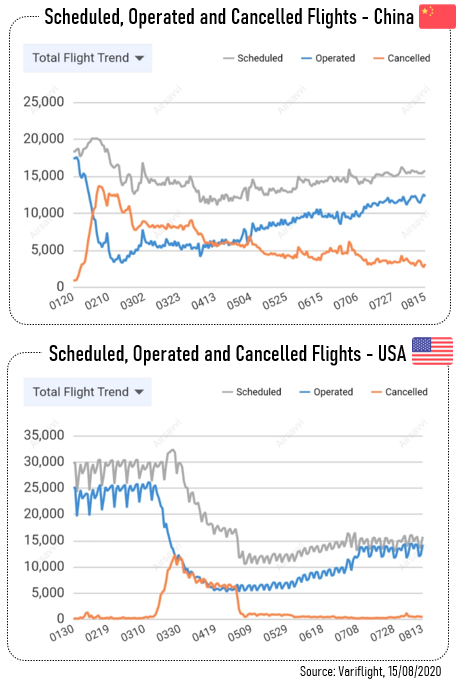The total box office market in China reached 12.95 billion yuan ($1.93 billion) in 2020, a box office achievement that also allowed China to surpass North America’s $1.925 billion and become the world’s largest box office for the first time.

The total box office market in China reached 12.95 billion yuan ($1.93 billion) in 2020, a box office achievement that also allowed China to surpass North America’s $1.925 billion and become the world’s largest box office for the first time.

China’s IC industry has seen an average compound annual growth rate of more than 20 percent. In 2019, the country’s IC industry reached a size of more than 700 billion yuan (103.1 billion US dollars), up by 15.8 percent year on year.
Currently, the country accounts for nearly 50 percent of the global market share, Yang noted, adding that foreign-invested enterprises contribute more than 30 percent of IC sales revenue on the Chinese mainland.
The semiconductor industry is a global industry, and no country is isolated from the entire industrial chain, said Keith D. Jackson, 2020 chair of the Washington-based Semiconductor Industry Association, at the event, adding that the Chinese government has abided by its commitments to opening up and stabilizing foreign trade and investment, which has bolstered the confidence of foreign enterprises.



Hundreds of millions of people there are about to go on vacation at the same time.
As October 1 arrives, hundreds of millions of people are expected to pack highways, trains and planes for the National Day holiday, one of the busiest times for travel in the world’s most populous country.
The eight-day Mid-Autumn Festival break is China’s first major holiday since it emerged from the coronavirus outbreak. While life has largely returned to normal in recent months, the upcoming “Golden Week” holiday will be an ambitious test of China’s success in taming the virus — and a much-awaited boost to its economic recovery.
Last year, a total of 782 million domestic trips were made during the holiday, generating nearly 650 billion yuan ($95 billion) of tourism revenue, according to the Ministry of Culture and Tourism. The ministry predicts 550 million domestic trips to be made this year, while Ctrip, China’s largest online travel agency, estimates the number to be over 600 million — both above 70% of last year’s level.






Domestic flights in August averaged well over 10,000 flights a day, almost the same level as a year earlier. Overall, more than 28,000 flights – domestic, international and stopovers – took off and landed at mainland airports on average daily in August, an increase of 12 per cent from July.

According to data released by Eurostat on Sept. 16. In the first seven months of 2020, China overtook the US as the EU for the first time as largest trading partner: From January to July, year-on-year imports from China increased by 4.9% , while imports from the U.S. decreased by 11.7% .
EU’s exports to China fell by 1.8%, while exports to the U.S. fell by 9.9%.
China remains the EU’s top source of imports, third largest exporter of goods
The share of the market position was 21.9% and 10.3%, respectively.
